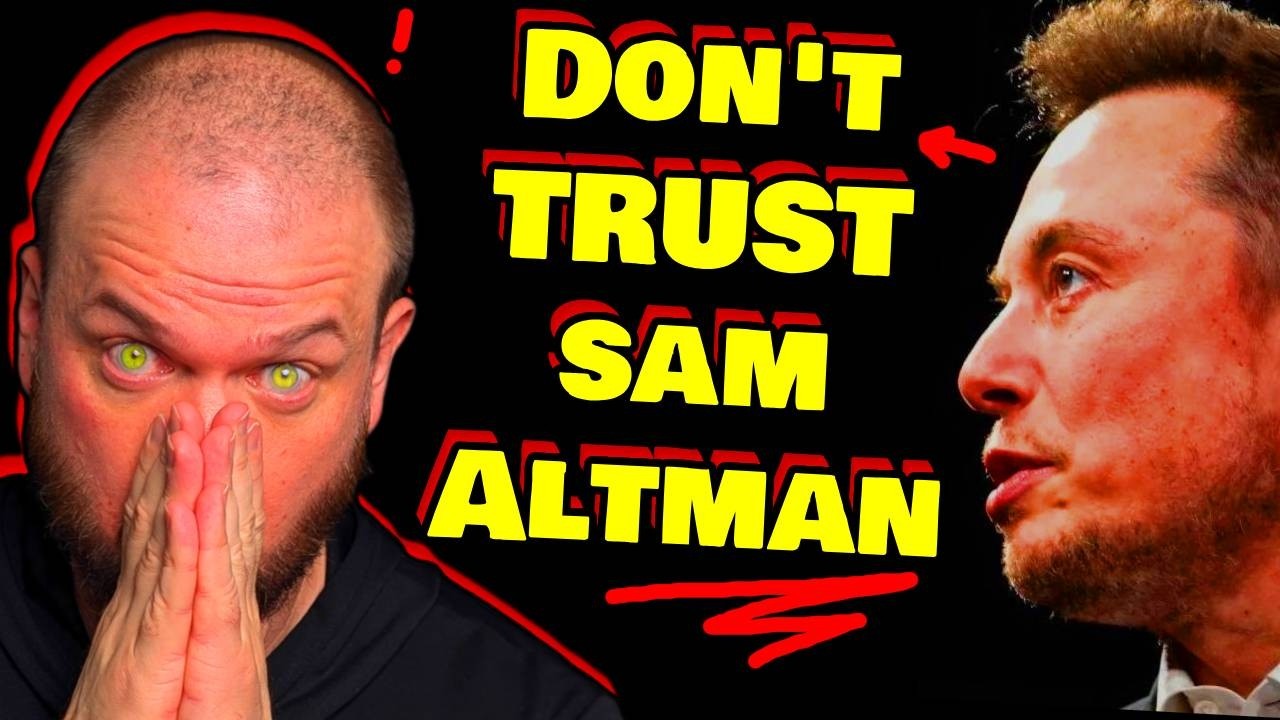In a recent interview, Elon Musk voiced his distrust of Sam Altman, co-founder of OpenAI, expressing concerns about the rapid advancement of AI and the potential for catastrophic outcomes if powerful AI is controlled by untrustworthy individuals. Musk criticized OpenAI’s shift from a nonprofit to a profit-driven model, called for regulatory oversight in AI development, and shared his philosophical musings on existence and the possibility of extraterrestrial life.
In a recent interview, Elon Musk expressed his distrust of Sam Altman, co-founder of OpenAI, emphasizing concerns about the control of powerful artificial intelligence (AI) by individuals he deems untrustworthy. Musk articulated his belief that while the advancement of AI could lead to significant benefits, there remains a substantial risk of catastrophic outcomes, estimating a 10-20% chance of total annihilation. He underscored the rapid progress in AI capabilities, noting that AI can now outperform most humans in tasks such as essay writing and image creation, and predicted that by next year, AI could produce short films.
Musk elaborated on the exponential growth of AI computing power and the sophistication of algorithms, suggesting that this rapid development could lead to AI systems capable of reasoning and creative output that surpass human abilities. He highlighted the potential for AI-generated content, including personalized videos and music, while also acknowledging the risks of misinformation and misuse. Musk’s concerns extend to the implications of AI on employment, questioning how society will adapt if machines replace human labor.
The conversation shifted to Musk’s views on OpenAI and Altman’s role in its evolution from a nonprofit organization to a profit-driven entity. Musk criticized this transformation, arguing that it contradicts the original mission of OpenAI to promote open-source AI research. He expressed skepticism about Altman’s genuine concern for the potential dangers of AI, suggesting that his actions indicate a prioritization of profit over safety.
Musk also discussed the need for regulatory oversight in AI development, recalling his previous discussions with President Obama about establishing an AI regulatory agency. He lamented the lack of progress in this area, attributing it to the influence of major tech companies like Google, which he believes have stifled regulatory efforts. Musk emphasized the importance of understanding AI’s trajectory and ensuring that companies adhere to ethical standards to prevent dangerous outcomes.
Finally, the interview touched on broader philosophical questions, including the existence of a creator and the possibility of extraterrestrial life. Musk expressed curiosity about the nature of existence and the universe, suggesting that there may be a creative force behind it all. He acknowledged the lack of evidence for aliens despite extensive satellite monitoring, attributing many unidentified flying objects to classified military programs rather than extraterrestrial activity. Overall, Musk’s insights reflect a blend of optimism and caution regarding the future of AI and humanity’s place within it.
